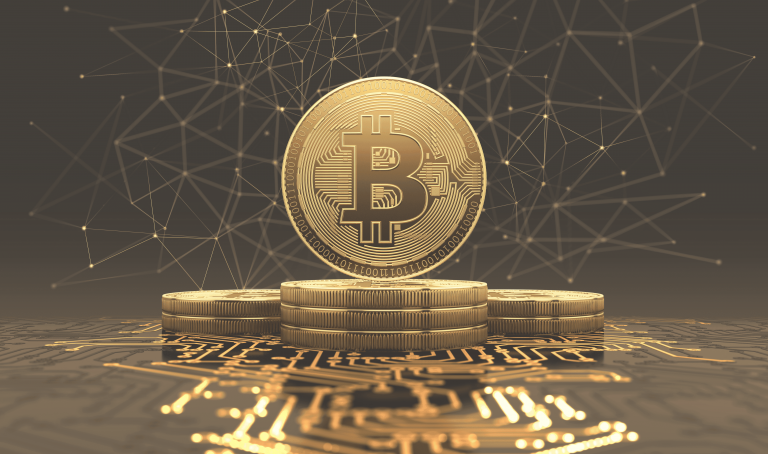How does Bitcoin Work?¿Cómo funciona el Bitcoin?
Bitcoin the most widely used digital currency is a global phenomenon and use of this technology has been rapidly increasing over the past few years, yet still many users and skeptics are scratching their heads wondering ‘how does bitcoin work?’ How Does Bitcoin Work? Blockchain Technology The world’s foremost cryptocurrency exists online within its blockchain…


